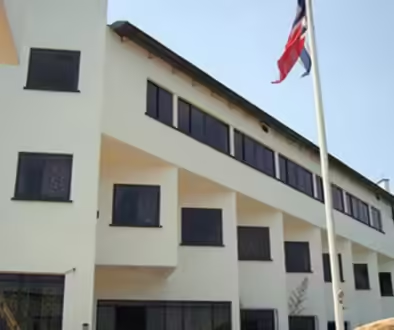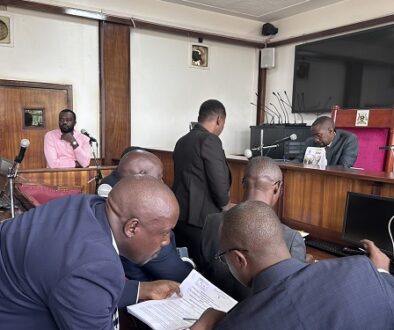How new budget is to affects consumers
By Our reporter
KAMPAALA Parliament on Thursday passed a Sh72.130 trillion national budget, up from an earlier proposed total of Sh58 trillion. However, the Opposition legislators have doubts that the government will have the money to finance the budget. This is a Sh20 trillion increment from the last financial year’s budget of Sh52 trillion.
Payment of Uganda’s public debt commands the lion’s share, accounting for over Sh34.017 trillion.
The Ministry of Finance is planning to borrow sh28.768 trillion from local commercial banks to fund the Sh72.130 trillion national budget. The government has also increased the amount of money it had earlier planned to borrow from the external market from Sh8.905 trillion to now Sh10.977 trillion, which is a Sh2.071 trillion increment.
The government revised its budget from Sh58.34 trillion to Sh72.12 trillion, hours before Parliament was expected to pass the 2024/25 national budget. Of the Sh14.050 trillion increment, it was indicated that Sh30.95 billion will be payment of emoluments of cultural leaders, while Sh25 billion will go towards the capitalization of Vision Group.
The government has also proposed to enhance the UPDF to cater for several items like; Sh172billion for the purchase of food for the soldiers, Sh230.16 billion to be used for the purchase of equipment for the Army,and Shs214.62Bn will be used for payment of wages and gratuity by the Ministry of Defence and Veteran Affairs.
The Ministry of Finance has earmarked Sh2.221 trillion for the commencement of the construction of Standard Gauge Railway (SGR) and the funds will go towards the acquisition of land worth 260 acres in the districts (Tororo -Mayuge), while the funds will also cater for updating the feasibility studies for western and eastern routes and undertaking Environment, Social-economic Impact Assessments.
Henry Musasizi, Minister of State for Finance indicated that the revisions to the budget had been authorized by President Yoweri Museveni, with the documents indicating the recurrent expenditure has increased to sh13.502 trillion up from sh11.486 trillion, while the development budget is also expected to increase from sh13.722 trillion to sh15.585 trillion
The late sitting presided over by Speaker Anita Among also saw the end of the Third Session of the 11th Parliament.
Muhammad Muwanga Kivumbi, MP for Butambala County wondered where the government is to get about Shs12 trillion the increase in this financial year.
Patrick Katabazi Kichonco, an economist said the increased budget means new taxes introduced on fuel, and bottled water among others.
“This means the cost of production will go up and the consumers are to feel the burden,” he said.
Ibrahim Ssemuju Nganda called for a reduction in public expenditure and to stop accumulating more debt.
The House concluded the Budget process by passing the Appropriation Bill, 2024 at Bill Third Reading. Earlier, it passed the Excise Duty Amendment Bill 2024, increasing the levy by sh100 to Sh1,550 per litre of petrol and imposing a Sh500 levy per 50 kg of lime, adhesive, and grout. A rate of sh50 was fixed per litre of mineral water.
Opposition MP Ibrahim Ssemujju was critical of the changes.
“At every stage, Minister of Finance Matia Kasaija has presented different and contradictory figures. In the Budget Framework Paper, the first official Budget document to Parliament in December last year, two ceilings (total budget figures); Shs52.722Trn and Shs54.587Trn were provided. When the real Budget was presented on 28th March 2024, it was as if it had been prepared by juvenile senior three commerce students. The Budget (Draft Estimates of Revenue and Expenditure) presented to Parliament totals Shs60.9Trn.”



